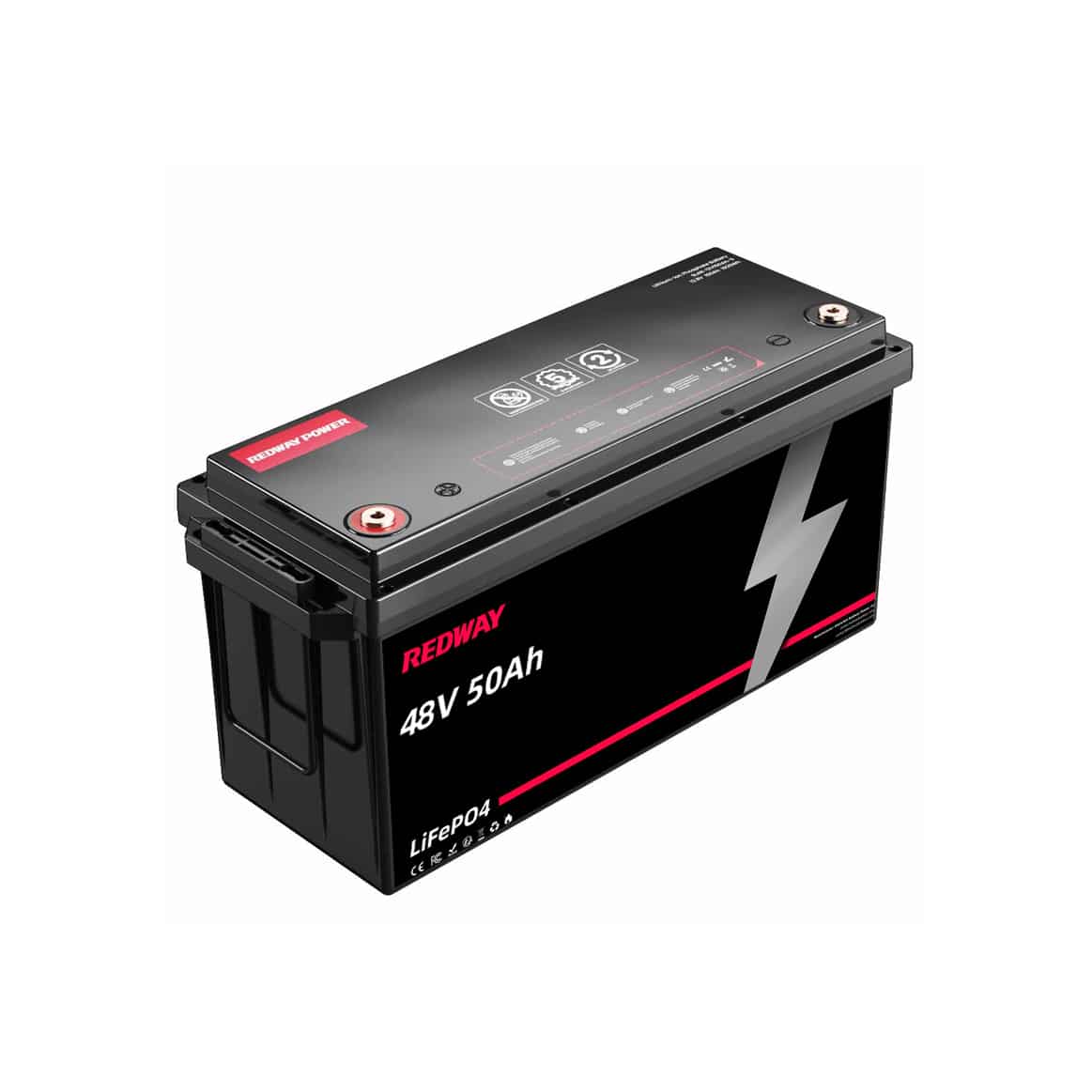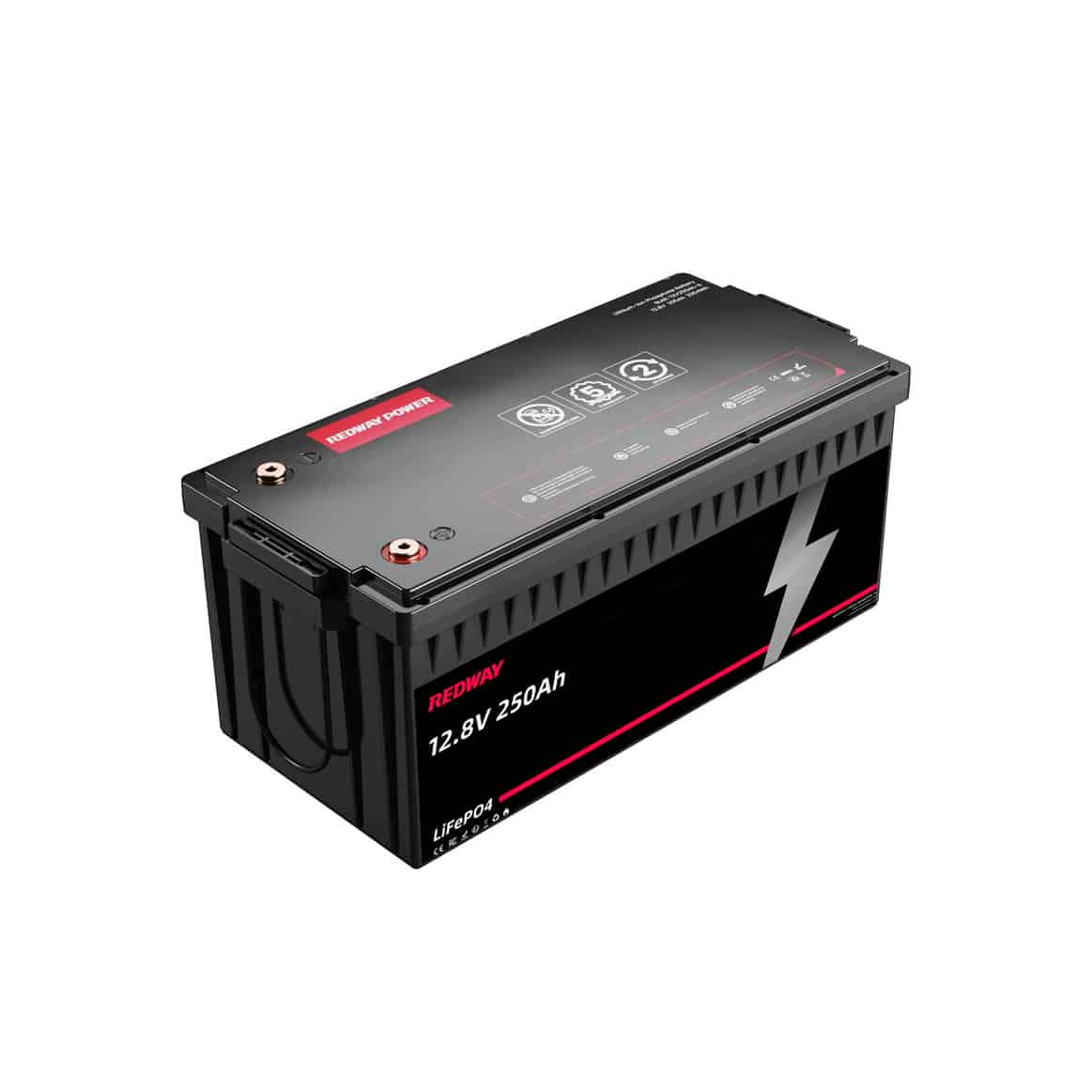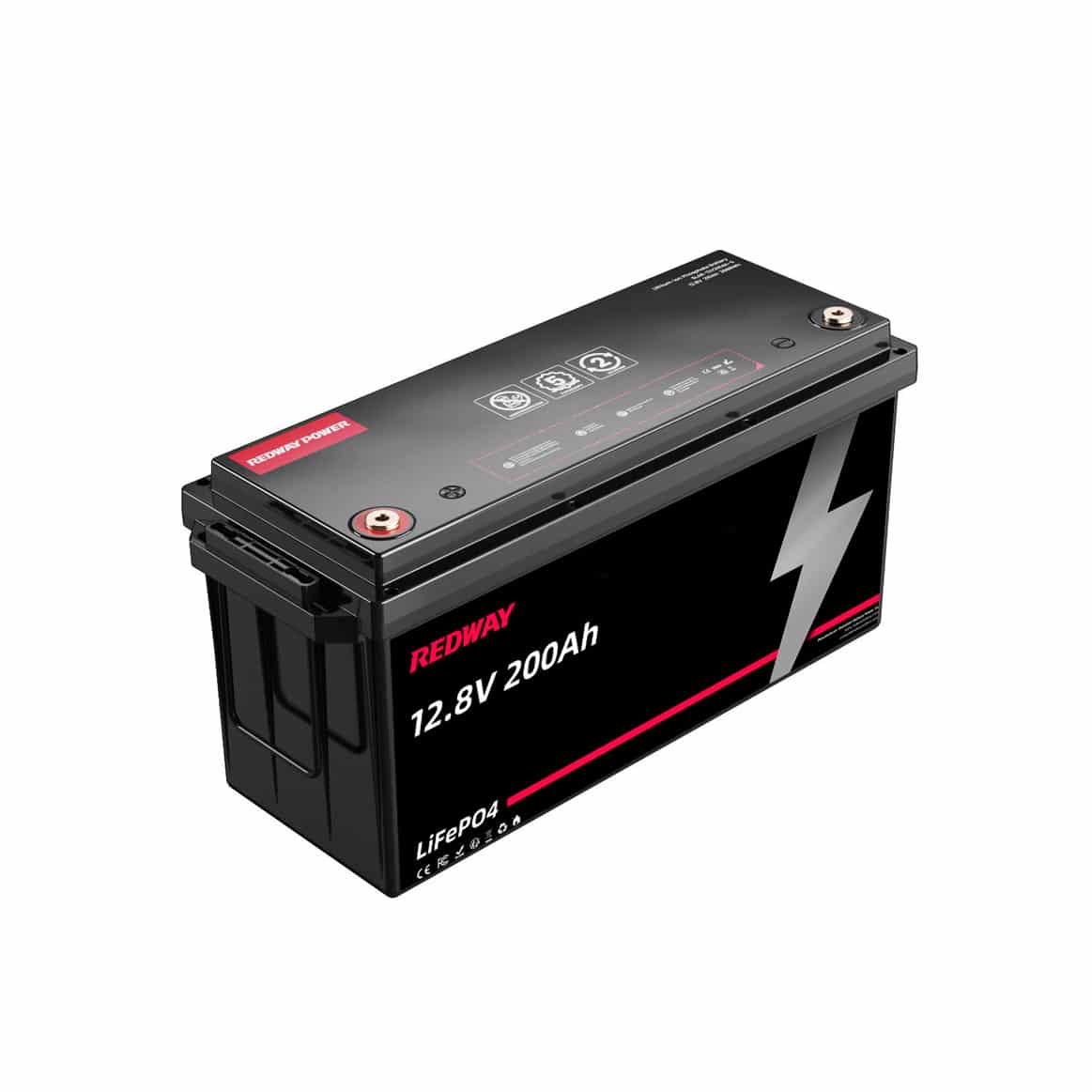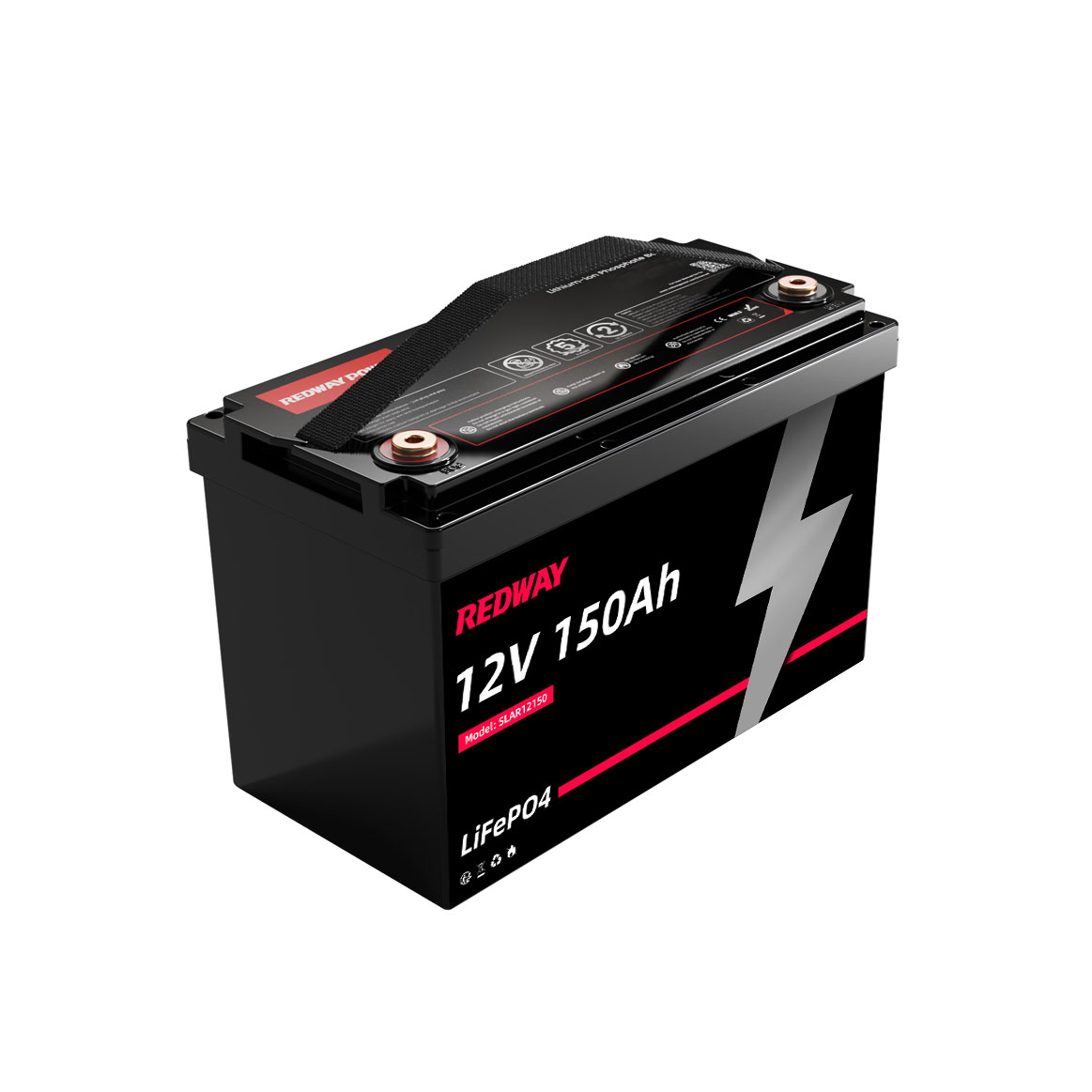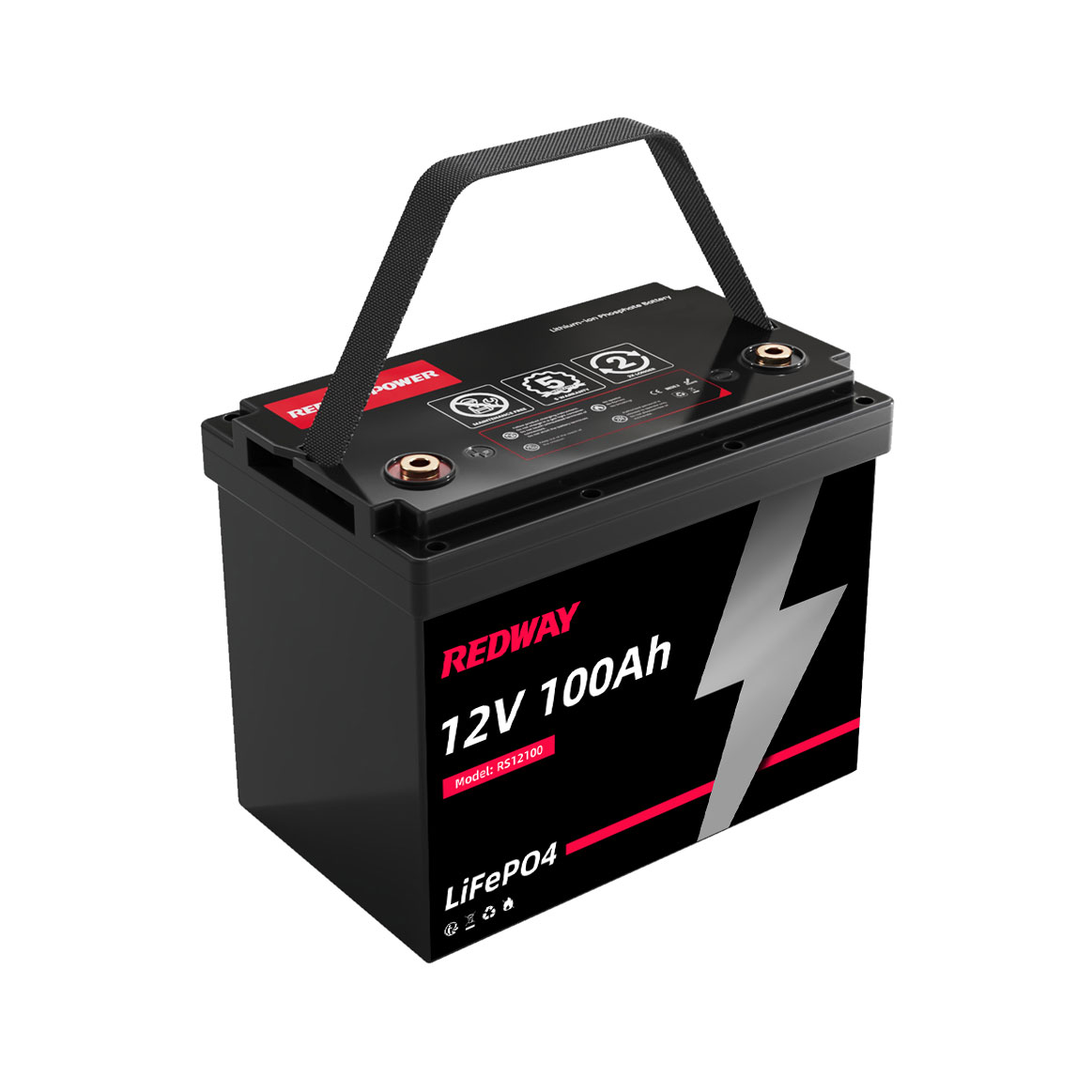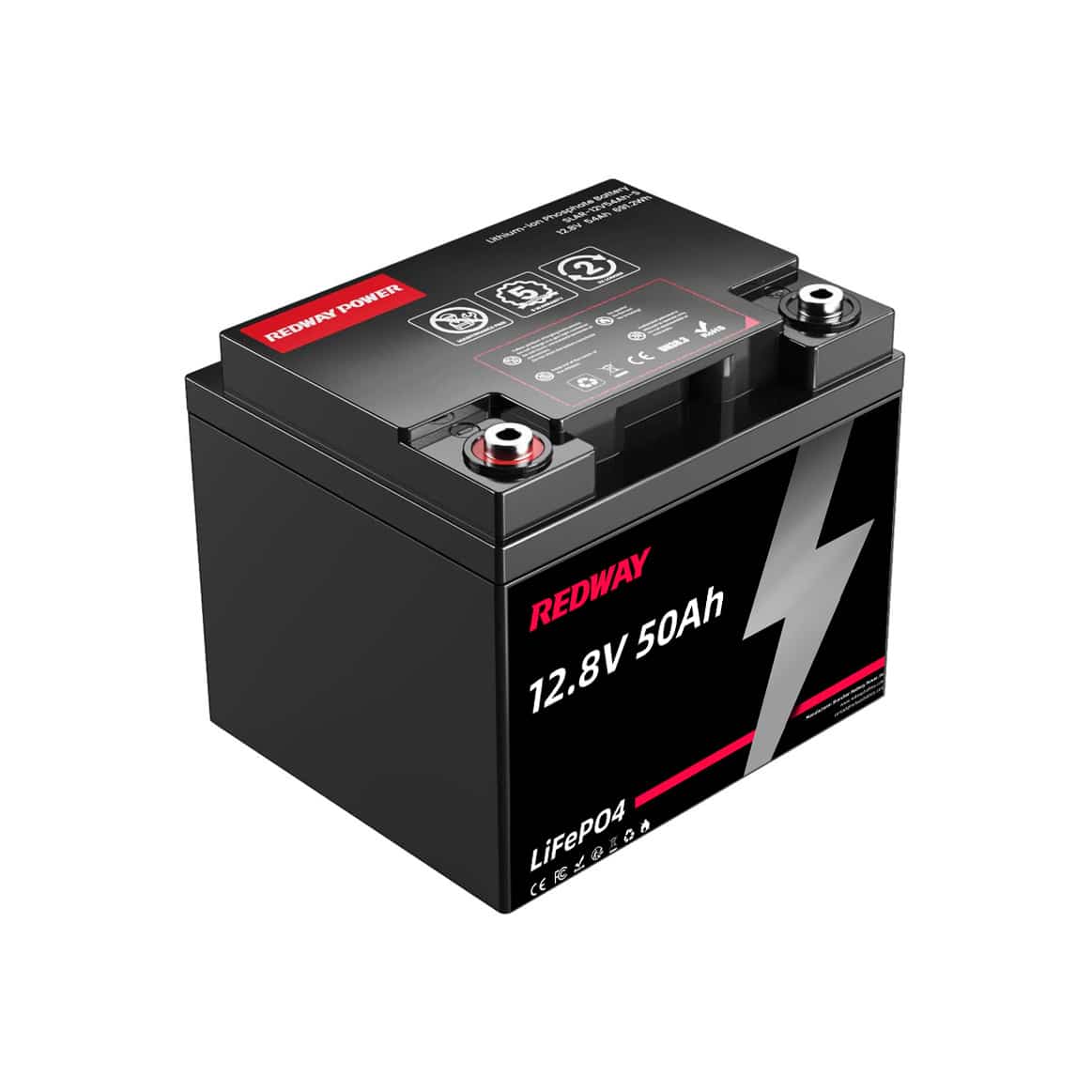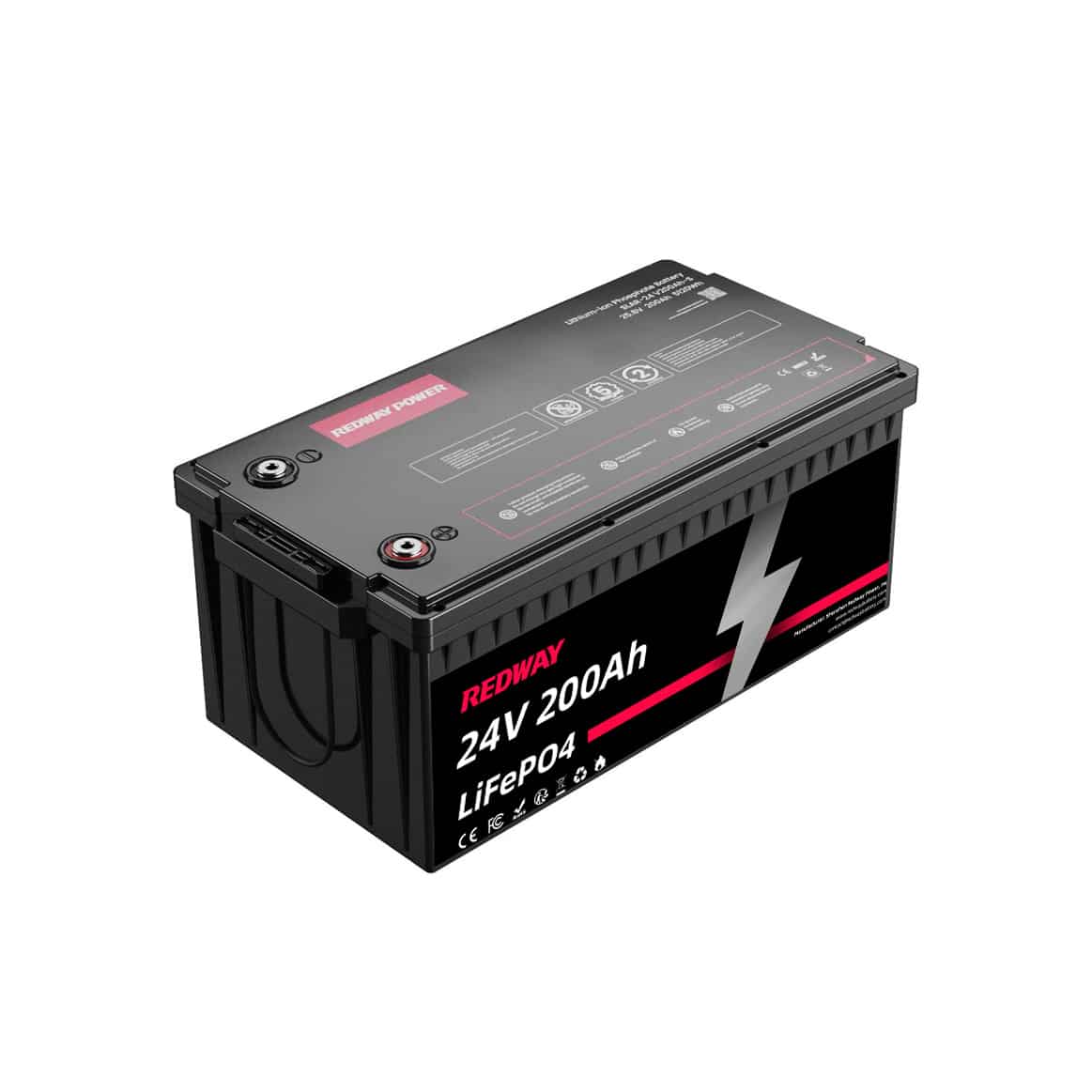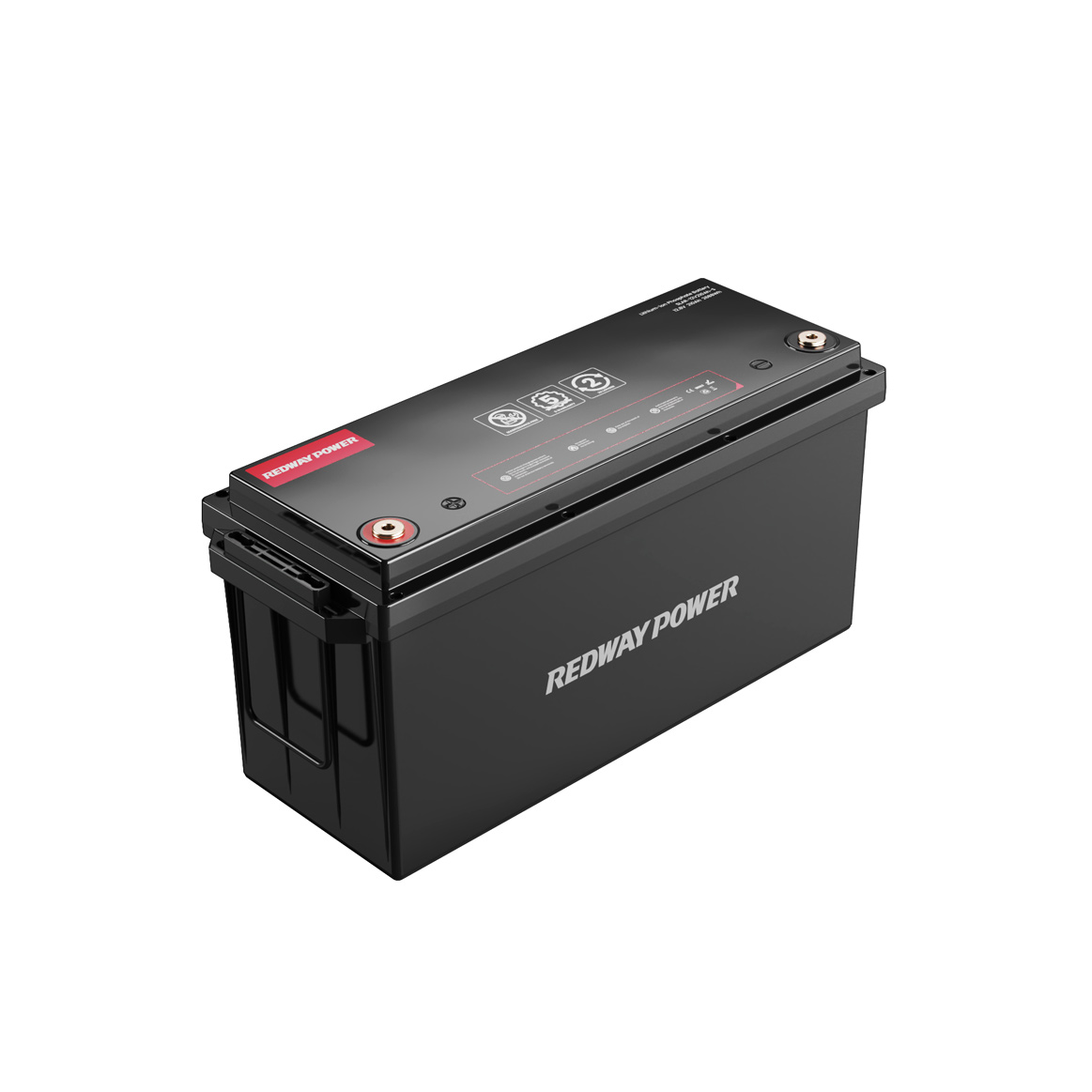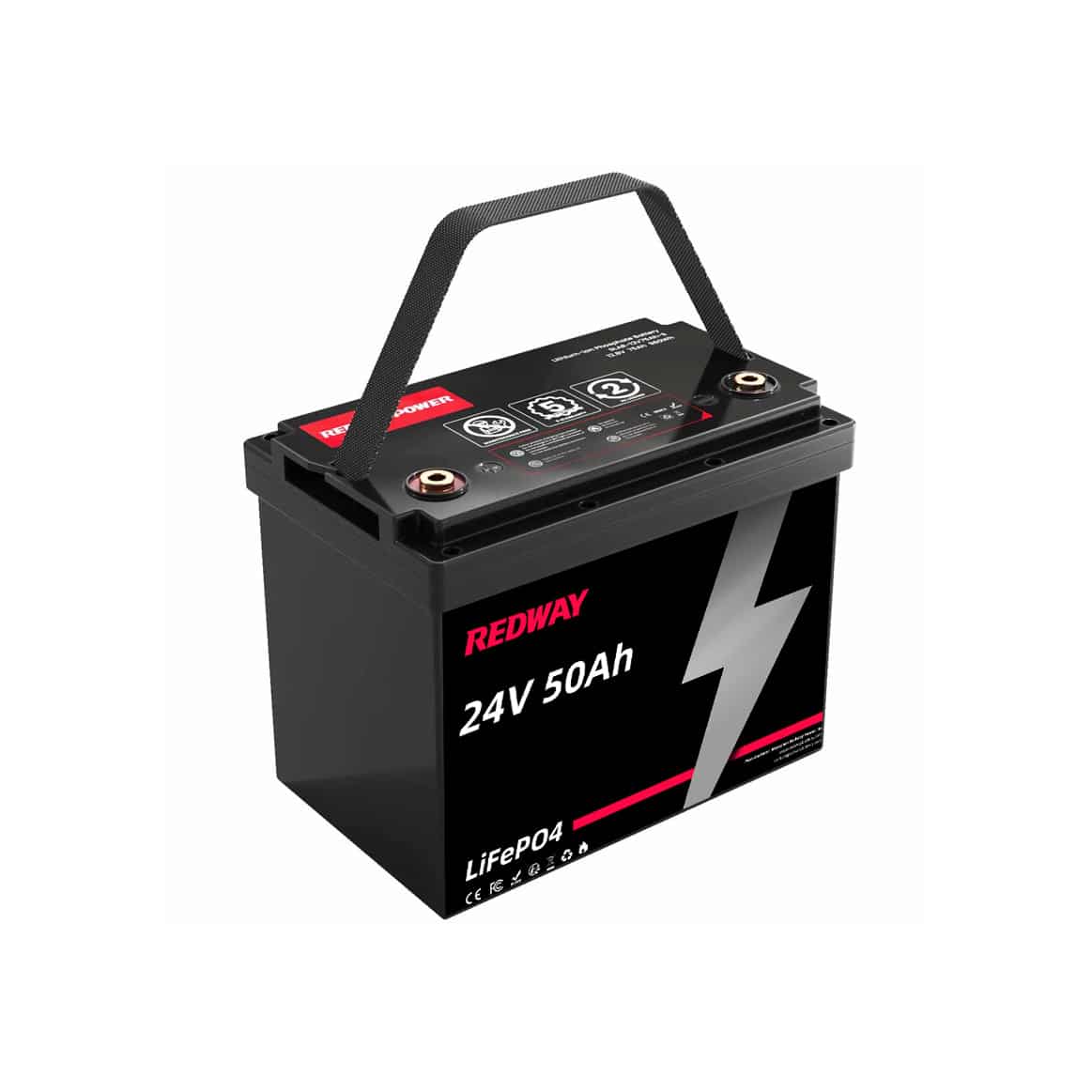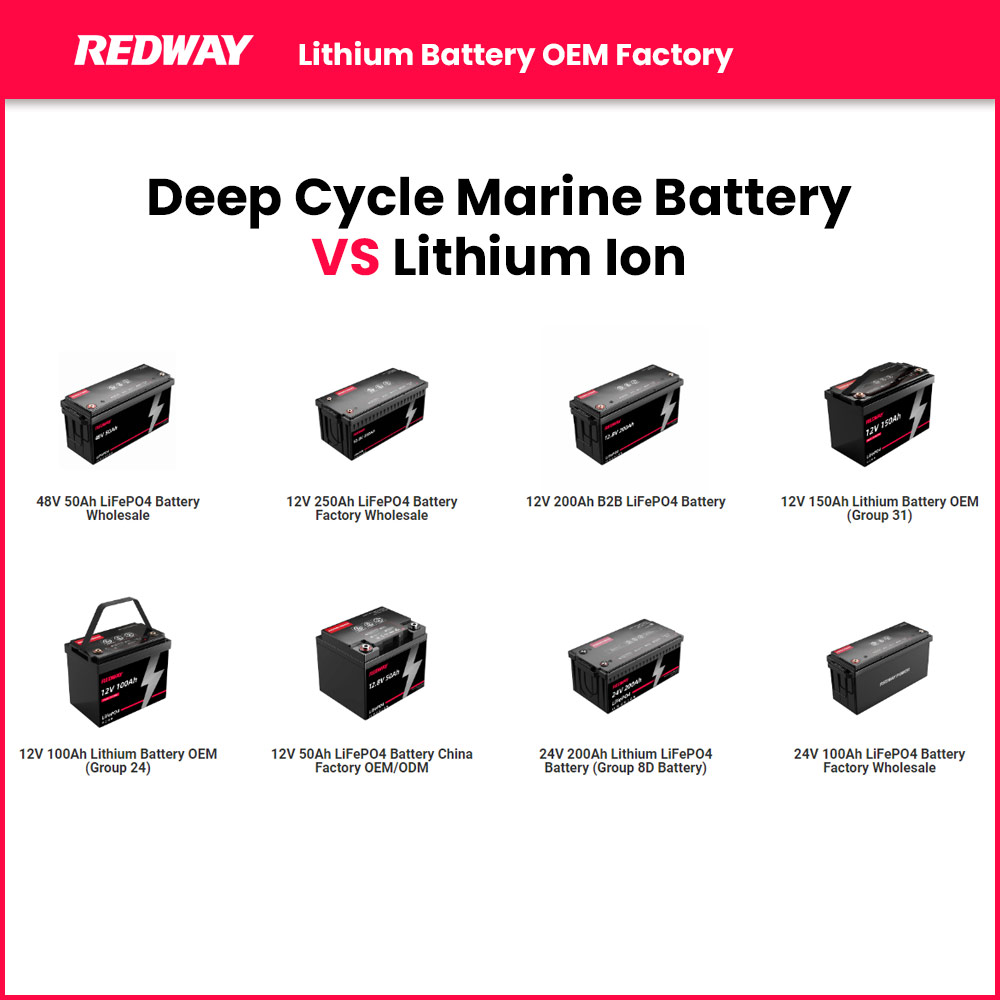Product Cateogries
Deep Cycle Marine Battery vs Lithium Ion
When it comes to powering your boat, the decision between a Deep Cycle Marine Battery and Lithium Ion technology is crucial. At Redway Battery, we simplify the comparison to help you understand your options. Our Deep Cycle Marine Batteries are built for long-lasting power, ensuring reliability on the water. On the other hand, our Lithium Ion batteries bring efficiency and advanced technology to marine energy solutions. Redway Battery is here to guide you through the choice between Deep Cycle Marine and Lithium Ion batteries, making it easy for you to pick the right power source for your boating adventures.
🔥 Big Deals 🔥
Factory Wholesale
from China OEM Manufacturer!
Discover the exceptional performance of Redway Battery’s 12/24/36/48/60/72/96V LiFePO4 Batteries! Up to 6000 times deep cycles (DOD 80%). Perfectly suited for various applications, such as Energy storage, RVs, Solar systems, Marine vessels, Yachts, and Emergency power supply needs, our Lithium LiFePO4 Batteries are the reliable choice for all your energy storage requirements. Reach out for a Quick FREE Quote! 👉👉👉
🔥Buy 10 lithium-ion batteries at wholesale prices for the price of 1 or 2 retail batteries.🔥
🔥We proudly do OEM contract manufacturing for many big brands.🔥
Deep Cycle Marine Battery vs Lithium Ion: Which is Best for Your Boat?
When it comes to outfitting your boat with the right power source, the choice between Deep Cycle Marine Batteries and Lithium Ion Batteries is pivotal. At Redway Battery, we understand the nuances of these technologies and are committed to providing you with the information necessary to make an informed decision. In this article, we will delve into the characteristics, advantages, and disadvantages of both battery types, ultimately guiding you toward the best solution for your marine needs.
Understanding Deep Cycle Marine Batteries
Deep Cycle Marine Batteries are designed specifically for applications that require a steady amount of power over an extended period. Unlike standard car batteries that provide short bursts of energy for starting engines, deep cycle batteries are engineered to be discharged and recharged repeatedly. Here are some essential features:
Construction: Typically lead-acid batteries, they come in two main types: flooded and sealed (AGM or gel). Flooded batteries require maintenance, while sealed options offer convenience.
Capacity: Measured in amp-hours (Ah), deep cycle batteries can provide consistent power output for hours, making them ideal for running lights, pumps, and other onboard electronics.
Durability: Designed to withstand the harsh marine environment, these batteries are built to resist vibration and corrosion.
Advantages of Deep Cycle Marine Batteries
Cost-Effective: Generally cheaper upfront than lithium-ion alternatives.
Proven Technology: A long history of use in marine applications ensures reliability.
High Discharge Rates: Capable of delivering high currents for short periods.
Disadvantages of Deep Cycle Marine Batteries
Weight: Heavier than lithium-ion options, which can affect boat performance.
Maintenance Needs: Flooded batteries require regular checks and water refills.
Shorter Lifespan: Typically last 3-5 years compared to lithium-ion’s 10+ years.
Exploring Lithium Ion Batteries
In recent years, Lithium Ion Batteries have gained popularity in marine applications due to their advanced technology and numerous benefits. These batteries utilize lithium compounds to store energy and offer several advantages over traditional deep cycle options.
Lightweight Design: Lithium-ion batteries are significantly lighter than lead-acid counterparts, improving overall boat performance.
Higher Energy Density: They can store more energy in a smaller space, which is crucial for boats with limited storage.
Fast Charging: Lithium-ion batteries can be charged quickly without damaging the battery life.
Advantages of Lithium Ion Batteries
Longer Lifespan: With a lifespan exceeding 10 years, they offer better long-term value.
Low Maintenance: No need for regular maintenance or water checks.
Depth of Discharge (DoD): Can be discharged up to 80-90% without harming the battery, providing more usable power.
Disadvantages of Lithium Ion Batteries
Higher Initial Cost: The upfront investment is typically greater than that of deep cycle marine batteries.
Temperature Sensitivity: Performance can be affected by extreme temperatures unless equipped with thermal management systems.
Complex Charging Systems: Require specialized chargers to ensure safety and efficiency.
Comparative Analysis
| Feature | Deep Cycle Marine Battery | Lithium Ion Battery |
|---|---|---|
| Lifespan | 3-5 years | 10+ years |
| Weight | Heavier | Lighter |
| Maintenance | Requires maintenance | Low maintenance |
| Depth of Discharge | 50% | 80-90% |
| Cost | Lower initial cost | Higher initial cost |
| Charge Time | Slower | Faster |
Latest Trends in Marine Battery Technology
As of October 2024, the marine battery industry continues to evolve rapidly. Recent innovations focus on enhancing battery management systems (BMS) that optimize charging cycles and extend battery life. Moreover, advancements in solar integration allow boaters to harness renewable energy more effectively, further increasing the appeal of lithium-ion technology.
Choosing the Right Battery for Your Needs
When deciding between a Deep Cycle Marine Battery and a Lithium Ion Battery, consider the following factors:
Usage Patterns: If you frequently use your boat for extended periods without access to charging facilities, a deep cycle battery may suffice. However, if you prioritize weight savings and longer-lasting power, lithium-ion is superior.
Budget Constraints: While lithium-ion batteries offer long-term savings due to their lifespan and efficiency, initial costs can be a barrier for some users.
Maintenance Preferences: For those who prefer a hassle-free experience on the water without worrying about battery upkeep, lithium-ion is the clear choice.
FAQs
1. Can I use a lithium-ion battery with my existing charger?
No, lithium-ion batteries require specific chargers designed for their chemistry to ensure safety and efficiency.
2. How do I maintain my deep cycle marine battery?
Regularly check fluid levels (for flooded types), clean terminals, and ensure proper charging practices.
3. What is the best option for powering my electric trolling motor?
Lithium-ion batteries are often recommended due to their lightweight design and high discharge capabilities.
Conclusion
In conclusion, both Deep Cycle Marine Batteries and Lithium Ion Batteries have unique advantages suited for different boating needs. At Redway Battery, we specialize in providing high-quality lithium LiFePO4 batteries tailored specifically for marine applications. Whether you are looking for reliable power solutions for your golf cart or server rack systems or need custom lithium solutions quickly, our expertise ensures you receive only the best products available.For further inquiries or quick quotes on our extensive range of products, feel free to contact us today!

